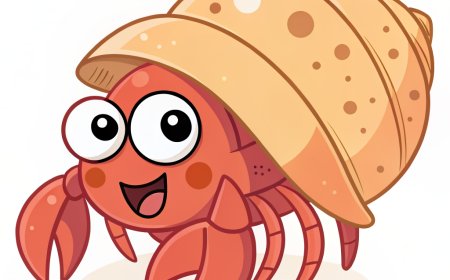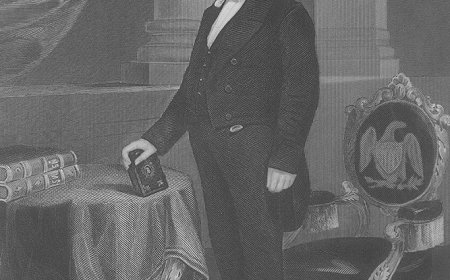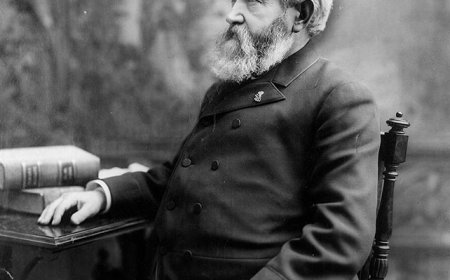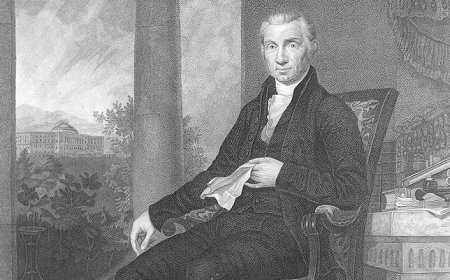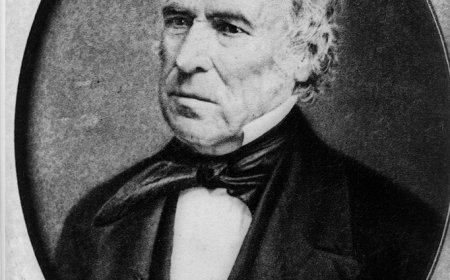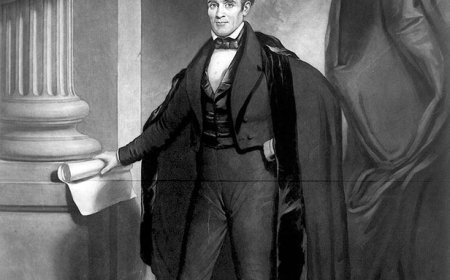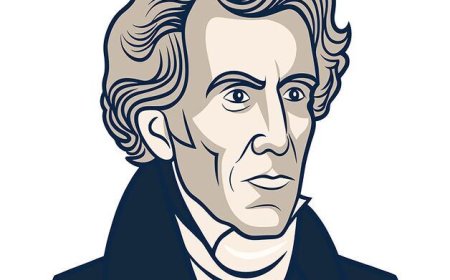Richard Nixon Biography for Students
Learn about Richard Nixon, the 37th President of the United States. Discover how he ended U.S. involvement in Vietnam, opened relations with China, and became the first president to resign—plus vocabulary, fun facts, a quiz, and a kid-friendly summary.
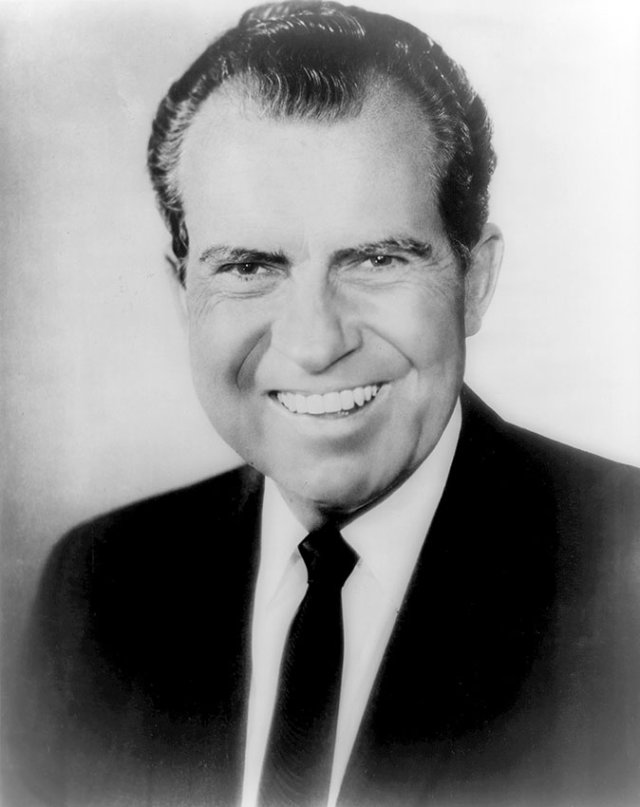
🇺🇸 Richard Nixon Biography for Students
37th President and the Watergate Scandal
🧭 Introduction
Richard Nixon was the 37th President of the United States, serving from 1969 to 1974. His presidency began with big achievements, including reducing U.S. involvement in the Vietnam War and improving relations with China and the Soviet Union. But Nixon’s time in office is mostly remembered for the Watergate scandal, which led him to become the only U.S. president to resign. His story is one of great success, major mistakes, and lasting lessons in leadership and honesty.
👶 Early Life and Education
Richard Milhous Nixon was born on January 9, 1913, in Yorba Linda, California. He grew up in a poor family and experienced many hardships, including the deaths of two of his brothers from illness. Nixon’s parents taught him to work hard and never give up.
He earned a scholarship to Whittier College and later attended Duke University Law School, where he graduated near the top of his class. After becoming a lawyer, he joined the U.S. Navy during World War II.
🏛 Political Career Before the Presidency
Nixon’s political career began in 1946 when he was elected to the U.S. House of Representatives. He then served in the U.S. Senate and became known for fighting against communism. In 1952, Dwight D. Eisenhower chose him as his vice president, and Nixon served for eight years.
He lost the 1960 presidential race to John F. Kennedy and later lost the 1962 California governor’s race. However, in 1968, he made a comeback and won the presidency by promising law and order and an end to the Vietnam War.
🇺🇸 Nixon’s Presidency Begins (1969–1974)
When Nixon took office, the U.S. faced major challenges, including war, civil rights tensions, and social unrest. He appealed to the “Silent Majority,” Americans who supported his views but weren’t protesting in the streets.
🌍 Foreign Policy and Diplomacy
Nixon’s foreign policy was guided by realpolitik—making practical decisions over idealistic ones. His greatest achievements came in diplomacy. In 1972, he became the first U.S. president to visit Communist China, opening new relations between the countries.
He also worked with Soviet leader Leonid Brezhnev and signed agreements to limit nuclear weapons, easing Cold War tensions through a policy called détente.
⚔️ Ending U.S. Involvement in the Vietnam War
Nixon introduced Vietnamization, a plan to gradually withdraw American troops and hand the war effort to South Vietnam. By 1973, most U.S. troops had left, and a peace agreement was signed in Paris. Though South Vietnam later fell, Nixon fulfilled his promise to end U.S. combat involvement.
🏛 Domestic Policy and Achievements
At home, Nixon created the Environmental Protection Agency (EPA) in 1970 and signed laws to clean air and water. He supported product safety, desegregated schools, funded space exploration, and expanded the arts.
⚠️ The Watergate Scandal
The Watergate scandal began in 1972 when five men were caught breaking into the Democratic National Committee headquarters to help Nixon’s re-election campaign. Nixon denied involvement.
However, a cover-up was discovered. Tapes from the Oval Office revealed that Nixon tried to block the investigation and lied to the public. Facing certain impeachment, Nixon resigned on August 8, 1974. His successor, Gerald Ford, later pardoned Nixon.
🧾 Life After the Presidency
Nixon retired to private life in California and later New Jersey. He wrote books and advised on foreign policy. Though controversial, he was respected for his global insights. Nixon died on April 22, 1994, at age 81.
👨👩👧 Personal Life and Personality
He was married to Pat Nixon, who focused on education and community service. They had two daughters, Tricia and Julie. Nixon was shy and serious, preferring to study and write rather than engage in public events.
💬 Famous Quotes
“The greatest honor history can bestow is the title of peacemaker.”
“When the president does it, that means it is not illegal.”
“People react to fear, not love; they don’t teach that in Sunday school, but it’s true.”
💡 Interesting Facts About Richard Nixon
- Only U.S. president to resign.
- Visited both China and the Soviet Union in one year.
- Talented pianist and music lover.
- Created the EPA to protect the environment.
- Debated John F. Kennedy in the first televised presidential debate.
📚 Vocabulary Words
| Word | Definition |
|---|---|
| Resignation | When someone officially quits a job or position |
| Impeachment | A process to remove a government leader from office |
| Vietnamization | A policy to reduce U.S. involvement in the Vietnam War |
| Détente | The easing of tensions between countries, especially during the Cold War |
| Watergate Scandal | A political scandal involving a break-in, cover-up, and Nixon’s resignation |
👧 Kid-Friendly Summary
Richard Nixon was the 37th president. He helped end the Vietnam War and made peace with China and the Soviet Union. He started the EPA to protect the environment. But he also got in trouble for trying to hide something bad that happened during his re-election. This became the Watergate scandal, and he became the only president to resign. Even with his mistakes, Nixon made big changes in how the U.S. worked with the world.
✅ Interactive Quiz
Q1: What number president was Richard Nixon?
A. 36th
B. 37th ✅
C. 38th
D. 35th
Q2: What scandal caused Nixon to resign?
A. Iran-Contra
B. Watergate ✅
C. Whitewater
D. Bay of Pigs
Q3: What country did Nixon visit to improve relations?
A. North Korea
B. China ✅
C. Vietnam
D. France
Q4: What agency did Nixon help create to protect the environment?
A. NASA
B. FBI
C. EPA ✅
D. CIA
Q5: What war was Nixon trying to end?
A. Civil War
B. World War II
C. Vietnam War ✅
D. Korean War
Scoring:
5/5 = ⭐ Nixon Knowledge Pro
3–4 = 👍 Solid Work
1–2 = 📘 Study and Retry














